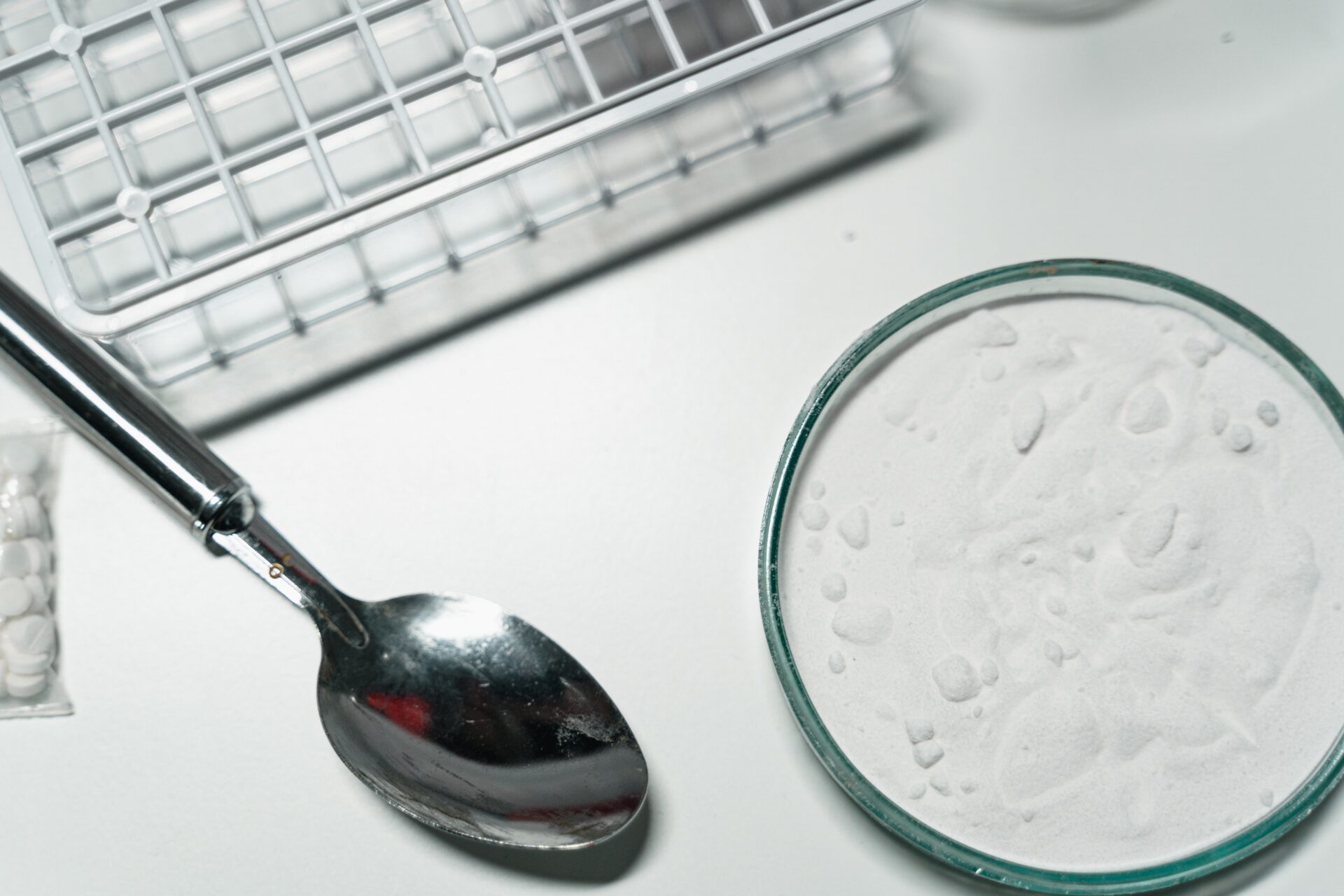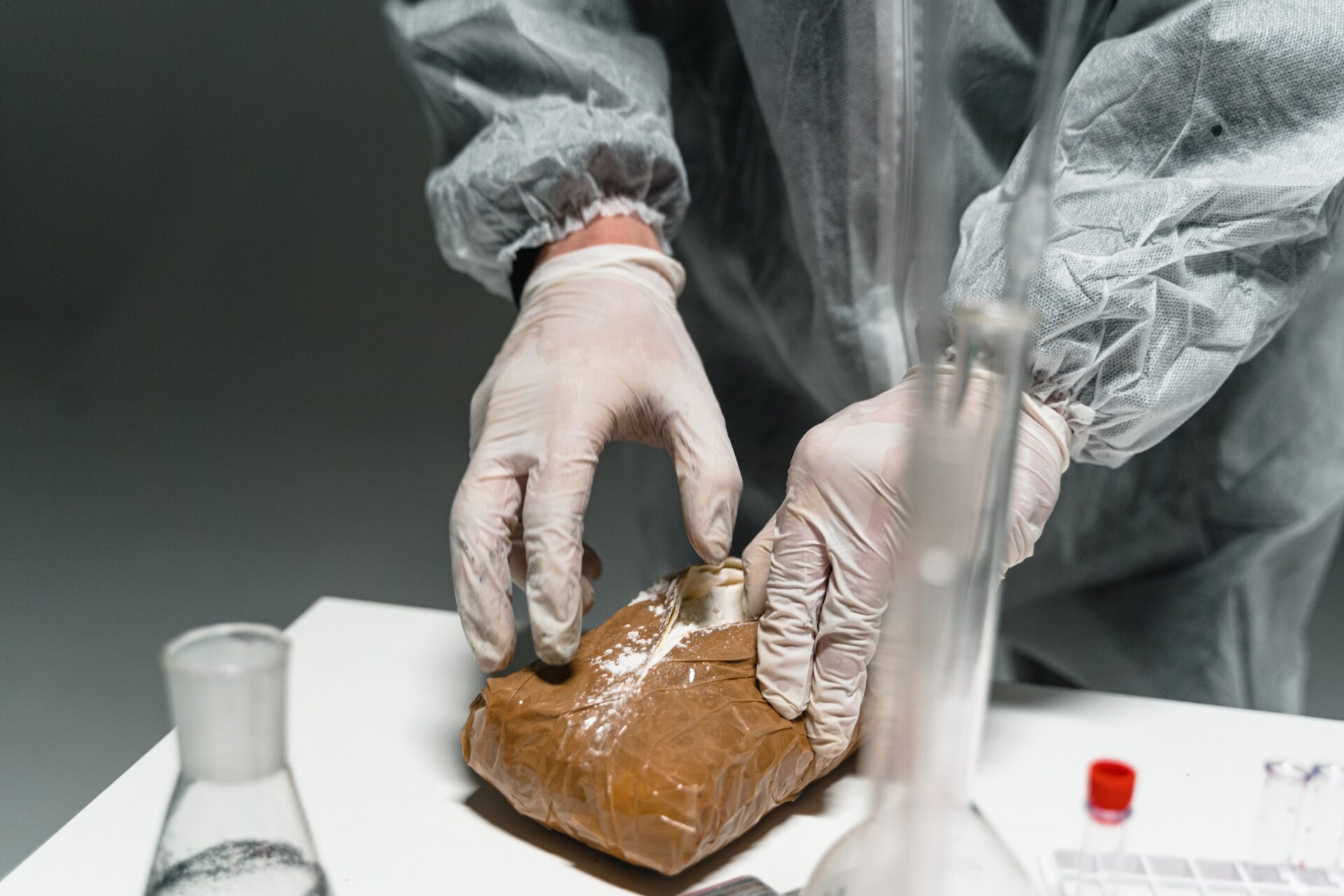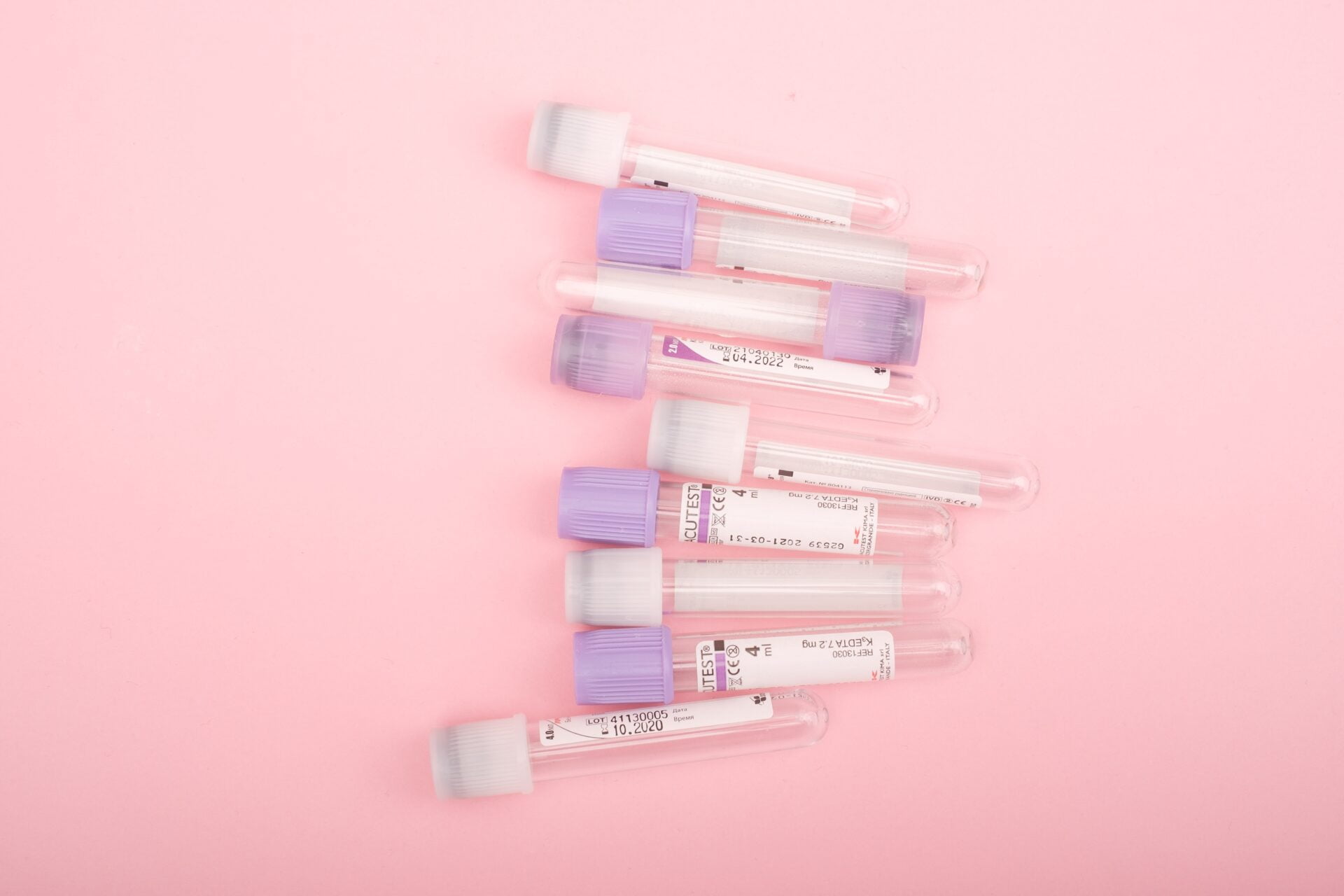How Long Does Cocaine Stay in Your System?
The dedicated team at Rehab Recovery are available to answer any questions you may have about cocaine, cocaine addiction, and other related concerns.
What is Cocaine?

Cocaine belongs to a class of drugs known as stimulants. [1]
Stimulants are substances that give the effect of increasing activity within both the body and the brain.
This can feel like things are ‘speeding up,’ and can cause a rush of sensation that for some people, feels quite pleasant. This feeling is the ‘high’ achieved by cocaine and can be the feeling that people take the drug to achieve. [2]
Usually, as you begin to use cocaine more and more, it gets more difficult to achieve the high.
This means that your use of cocaine can get more frequent as you feel you need to use more to attain the same rush of feelings. This can eventually snowball into addiction, as you continue to seek the high.
Cocaine can be taken in several different ways. Most commonly, it is ‘snorted‘ (inhaled through the nose), injected, or rubbed onto the gums in the mouth.
There are different forms of cocaine, but the main distinction is usually between powder cocaine (hydrochloride), freebase (a ‘purer’ form of powder cocaine) and crack cocaine. [3]
Powder cocaine is thought to be the most commonly used form of cocaine.
Different Types of Cocaine and the Onset of Effects

The type of cocaine you use also impacts the speed with which you will feel the effects of the drug.
If you snort or sniff cocaine, you are likely to feel the effects between 3-5 minutes after taking it, for around 20 minutes.
If you smoke cocaine, you are likely to feel the effects within 15-20 seconds after taking it, for around 20 minutes.
If you take cocaine orally, you are likely to feel the effects within 10-30 minutes after taking it, for around 90 minutes.
If you take cocaine via an injection, you are likely to feel the effects within 5-10 seconds, for around 20 minutes. [4]
The Effects of Cocaine: Short-Term Impacts

Because everybody is different, the impacts of every drug will differ from person to person.
Broadly, the impacts of cocaine will depend on the purity level of the drug (in general, the purer the cocaine, the greater its effect) and also the biology of the individual who is taking it.
Many different factors will impact the effect that cocaine use has. These include:
- biological makeup, including weight or body mass, general health, and metabolic rate (the rate at which we process substances in the body)
- the presence of other drugs in the body (either prescription drugs or otherwise)
- if the individual has taken drugs before, and is a heavy user or is ‘used to it
- the quantity used
- the strength of the drug [5]
For all of these reasons, it is not possible to calculate the impact that cocaine will have on the body with 100% confidence.
In general, though, short-termterm effects are usually quite similar.
These effects usually occur between a few minutes to an hour of using cocaine.
Using cocaine comes with very serious health implications, both physically and psychologically.
Common physical short-termterm effects include:
- enlarged or dilated pupils
- ‘constricted’ (or narrowed) blood vessels
- high body temperature
- increased heart rate and blood pressure
- tremors or shakiness
- twitching in the muscles
Common psychological short-short-termterm effects include:
- feelings of restlessness
- feelings of ‘euphoria’ or extreme highs
- increase in energy and alertness
- noticeable talkativeness
- anxiety or panic
- irritability or anger
- feelings of violence [6]
The Effects of Cocaine: Long-Term Impact

Cocaine is a physically addictive drug. This means that if you use it consistently, there is a high chance of developing a cocaine addiction.
Outside of addiction, there are other serious effects of cocaine use.
Because of the serious health implications of using cocaine, medical professionals state that there is no ‘safe level’ of cocaine use. [7]
Using cocaine comes with very serious health implications, both physically and psychologically.
Common physical long-termterm effects include:
- loss of smell
- nosebleeds
- issues with swallowing
- lung damage and increased asthmatic symptoms
- malnourishment
- chest pain
- increased risk of a stroke
- increased risk of cardiovascular complications
- increased risk of seizures
Common psychological long-termterm effects include:
- increased negative moods (anger, sadness, frustration, despair)
- difficulty with managing relationships
- increased irritability
- paranoia
- panic attacks
- psychosis [8]
How Can Cocaine Be Tested For?

Cocaine is a Class A drug. This means that the possession and use of cocaine are illegal and have serious legal consequences. [9]
This means that if you are required to do a drug test, and cocaine is found in your system, there could be serious legal repercussions.
The length of time that cocaine stays in your system depends on cocaine metabolism, which is the period it takes for the system to process the drug.
Cocaine can be detected by different types of drug tests.
Cocaine can be tested for by testing samples of the following:
- Blood
- Hair
- Saliva
- Urine
How Do Drugs Test Prove I Have Taken Cocaine?

Research has shown that traces of Benzoylecgonine and ecgonine methyl ester indicate the presence of cocaine in the system of the individual being tested. [10]
Benzoylecgonine and ecgonine methyl ester are known as metabolites.
A metabolite is a substance that helps the body break down another substance.
They are naturally occurring chemicals in the body that are produced or used when the body starts to break down (or metabolise) substances. [11] [12]
How Long Does It Take For Cocaine To Leave The System?

As already mentioned, the likelihood of detecting cocaine in your system will depend on different circumstances including the strength and amounts of cocaine taken, the frequency with which you use cocaine, and your bodies-up.
The longer the period of time between use and testing, the fewer traces of cocaine are likely to be found via the different types of drug tests.
Each form of cocaine drug testing has a different detection window.
A detection window isae period after taking the drug where it possible to identify the substance in your sample.
1. Cocaine and Blood
Cocaine can be detected through blood tests.
A study has found hydrochloride cocaine (powder cocaine) can be identified in the blood after a single dose.
Research has found that these chemicals are present in the blood for 1-2 days after taking cocaine. [13]
This means that if you provide a blood sample for a drug test 48 hours or less after taking cocaine, your test will likely have a positive result.
2. Cocaine and Hair

It is possible to tell if you have taken cocaine by testing a hair sample.
Cocaine-positive hair samples will contain similar metabolites to those found in cocaine-positive blood samples: the substances being tested for in a hair sample is usually benzoylecgonine. [14]
This means that if you provide a blood sample for a drug test after taking cocaine, there is a high chance that your test will have a positive result.
Cocaine metabolites are detectable in your hair for an extended peperiod- between months and years. Some tests may be able to identify how many months ago you used cocaine by measuring hair growth. [15]
3. Cocaine and Saliva
Cocaine can be detected through saliva samples.
Markers of cocaine in your saliva can show up for up to 2 days after using cocaine.
This means that if you provide a saliva sample for a drug test 48 hours or less after taking cocaine, your test will likely have a positive result. [16]
4. Cocaine and Urine

It is possible to tell if you have taken cocaine by testing a urine sample.
Urine drug tests are the most common form of testing, as they are cheap, effective, and quite easy to obtain.
Markers of cocaine in your urine can show up between 3 and 4 days after use.
This means that if you provide a urine sample for a drug test 96 hours or less after taking cocaine, your test will likely have a positive result. [17]
If, however, you are a heavy user of cocaine (you take it regularly) it can be detectable through cocaine metabolites in a urine test for up to 2 weeks. [18]
When Can I Be Asked to Do a Drugs Test?

1. Drugs Testing at Work
Legally, your employer can ask you to take a drug test at work. This usually happens for health and safety reasons.
You are allowed to refuse to take a test, but if your employer believes that they have a good reason for requesting you to take a test and you do not, they can legally take disciplinary action within your workplace. [19]
2. Drugs Testing by the Police
Legally, the police are allowed to test if you have taken Class A drugs if you have been arrested for a specific offence, or if an officer believes the offence you have been arrested in connection with was linked to Class A drugs in any way.
If you have been arrested for any of the following offences, you may be asked to provide a sample for a drugs test:
- any offence related to theft (or attempted theft)
- any offence related to robbery (or attempted robbery)
- any offence related to burglary (or attempted burglary)
- any offence related to fraud
- any offence related to stolen goods
- any offence related to possession of Class A drugs
- any offence related to possession of Class A drugs with intent to supply
You do not have to comply with providing a sample for the police. However, this is a prosecutable offence. If you refuse to give a sample, you may be given a prison sentence (of up to three months) or issued a fine (of up to £2,500).
Anyone under the age of 18 must be accompanied by an adult whilst having a drug test. This is because if you are under 18, you are classed as a minor. This can be a parent, guardian, social worker, or another appropriate adult. [20]
How Difficult is the Process of Withdrawing from Cocaine?

Cocaine is physically addictive, which means that if you stop taking it, you are likely to experience some withdrawal symptoms.
Cocaine withdrawal symptoms can include:
- nervousness or anxiety
- depression or low mood
- cocaine cravings
- difficulty in concentration
- feeling tired
- feeling irritable or easily annoyed
- irregular sleep schedule [21]
Whilst withdrawing from cocaine can be a difficult process, most individuals can cope with the withdrawal symptoms themselves.
This means that cocaine withdrawal can be managed at home, and you do not necessarily need to attend a cocaine addiction rehab to have a formal detox.
Cocaine Addiction Treatment Options

If you are worried about your or a loved one’s use of cocaine, be assured that there are many different professional treatment options available for cocaine addiction at specialist drug and alcohol rehab in your area.
These forms of addiction treatment can include:
- Acceptance and Commitment Therapy
- Brief Interventions
- Co-dependency Treatment
- Cognitive Behavioural Therapy (CBT)
- Detoxing from substances
- Dialectical Behavioural Therapy (DBT)
- Family Therapy
- Group Therapy
- Holistic Therapy/ Alternative Therapy (Art Therapy, Music Therapy, Equine Therapy, etc).
- Individual Therapy (1-1 Therapy)
- Motivational Enhancement
- Motivational Interviewing
- Psychotherapy
- Twelve-Step Facilitation Treatment (TSF)
- contingency management
- therapeutic communities or self-help groups
- Cocaine Anonymous [22]
Worried about your drug use?

If you are concerned about cocaine use, Rehab Recovery is able tocannon-judgemental advice and support for yourself, a family member or a friend.
You can call us on 0800 140 4690, or you can request a call back to speak to a member of the team.
If you would prefer not to speak over the phone for any reason, the Rehab 4 Addiction chat lines are open 24/7 to support you and answer questions you may have about accessing support for cocaine addiction.
If you would rather do your ownresearch first, you can use the website to find the answers to learn more about cocaine addiction, cocaine rehab, and the different kinds of resources available to help you.
References
[1] https://adf.org.au/drug-facts/cocaine/
[2] https://americanaddictioncenters.org/stimulant-drugs
[3] https://adf.org.au/drug-facts/cocaine/
[4]https://americanaddictioncenters.org/cocaine-treatment/how-long-in-system
[5] https://nida.nih.gov/publications/research-reports/cocaine/what-are-short-term-effects-cocaine-use
[6] https://americanaddictioncenters.org/cocaine-treatment/how-long-in-system
[7] https://www.ncbi.nlm.nih.gov/pmc/articles/PMC1011225/
[8] https://nida.nih.gov/publications/research-reports/cocaine/what-are-long-term-effects-cocaine-use
[10] https://pubmed.ncbi.nlm.nih.gov/31150569/
[11] https://www.cancer.gov/publications/dictionaries/cancer-terms/def/metabolite
[12] https://pubchem.ncbi.nlm.nih.gov/compound/Ecgonine-methyl-ester
[13] https://www.drugs.ie/drugs_info/about_drugs/how_long_do_drugs_stay_in_your_system/
[15] https://www.drugs.ie/drugs_info/about_drugs/how_long_do_drugs_stay_in_your_system/
[16] https://americanaddictioncenters.org/cocaine-treatment/how-long-in-system
[17] https://www.ncbi.nlm.nih.gov/pmc/articles/PMC3128807/
[18] https://americanaddictioncenters.org/cocaine-treatment/how-long-in-system
[19] https://www.gov.uk/monitoring-work-workers-rights/drug-testing
[21] https://drugpolicy.org/drug-facts/cocaine/withdrawal-symptoms




